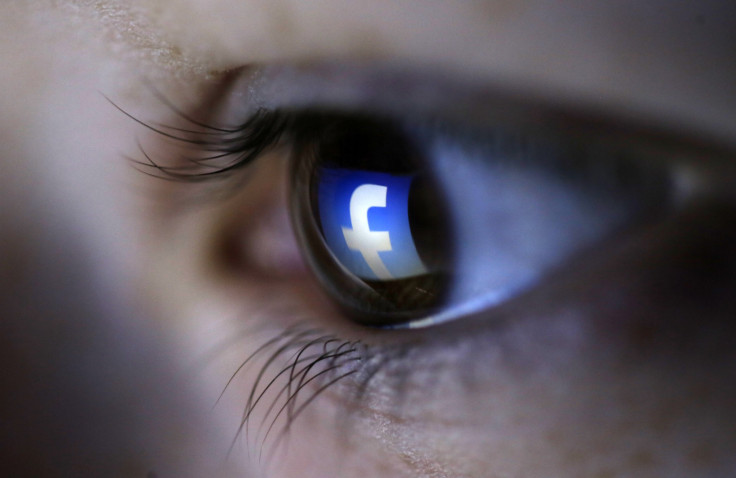Penn State Fraternity Photo Scandal: Kappa Delta Rho Case Raises Concerns About Unauthorized Sharing

State legislatures spent the past two years tackling the problem. Tech companies took it on last week. And now, the issue of revenge porn -- and the unauthorized sharing of other explicit photos -- is gaining attention on college campuses as a form of sexual abuse.
A group of Kappa Delta Rho fraternity brothers at Pennsylvania State University were facing criminal and academic consequences this week after police revealed their private Facebook page where they posted nonconsensual photos of partially nude, often unconscious women. What exactly will happen to the students is unclear -- the fraternity has been suspended, and police are investigating -- and experts say that's part of the problem. Young people may not grasp the severity of sharing unauthorized photos online because they're not aware of the repercussions.
"It's really just an extension of a disturbing practice that's becoming all the more common," said Holly Jacobs, founder of the Cyber Civil Rights Initiative. "This is a new form of sexual abuse and nonconsensual sexual activity."
One in four adults between the ages of 18 and 24 have received sexts, and 4 percent of people admit to forwarding the messages to someone else, according to a Pew Research Center survey from 2012. At Penn State, the Facebook group "2.0" had 144 members. "2.0" was so-named because it was actually a reincarnation of a previous page shut down after a victim saw a frat brother post a topless photo of her. The images in question are "disturbing," State College Assistant Police Chief John Gardner said at a Tuesday news conference. The page also includes posts about drug deals and hazing.
While no students have been arrested, Pennsylvania is one of the 16 states that specifically outlaw revenge porn, or sexually explicit media shared without the consent of the subject. The pictures were also published to Facebook, which last week came out against revenge porn posts, followed by Twitter this week.
Penn State references "nonconsensual distribution of photos" in its student code of conduct, where the crime falls under sexual exploitation. But Jacobs said the ramifications are not clear enough -- administrators across the country should publicly tackle nonconsensual photo sharing the same way they've fought sexual assault. The more specific the policies, the better. "Awareness needs to be raised both about the issue and the laws that exist around this," she said.
Keeping the issue in the news can help, such as with the high-profile case of Hunter Moore. Last month, the 28-year-old behind notorious revenge porn site Is Anyone Up? pleaded guilty with the Central District of California's U.S. Attorney's Office. He could go to prison for up to seven years, according to NBC News.
"This sends the message that this stuff is not OK," said Danielle Citron, a University of Maryland law professor. "We're making clear it's really harmful."
When explicit photos get posted without permission -- and especially if they're paired with the victim's name -- there can be extreme consequences. Employers may be reticent to hire them, or strangers may contact them demanding sex, Citron said.
The Penn State fraternity brothers may not have realized that because of the way they were raised. Julie Spira, a cyber dating expert, said because the digital-native generation grew up in the age of social media, they're accustomed to sharing everything. "It can get so out of control every time you push the send button," Spira said. "At the end of the day, these girls are just feeling like their lives are destroyed."
No matter what happens, one Penn State student said the Facebook group's members should have stepped in to shut down the page long before the investigation. "I feel it's a student's job to make their own decision -- if you see something going on, not to stand by and not to be stupid and try to make something happen for a story or good time. It's for boys and girls," senior Michael Porter told the Patriot-News. "We have to do better than that."
© Copyright IBTimes 2024. All rights reserved.






















